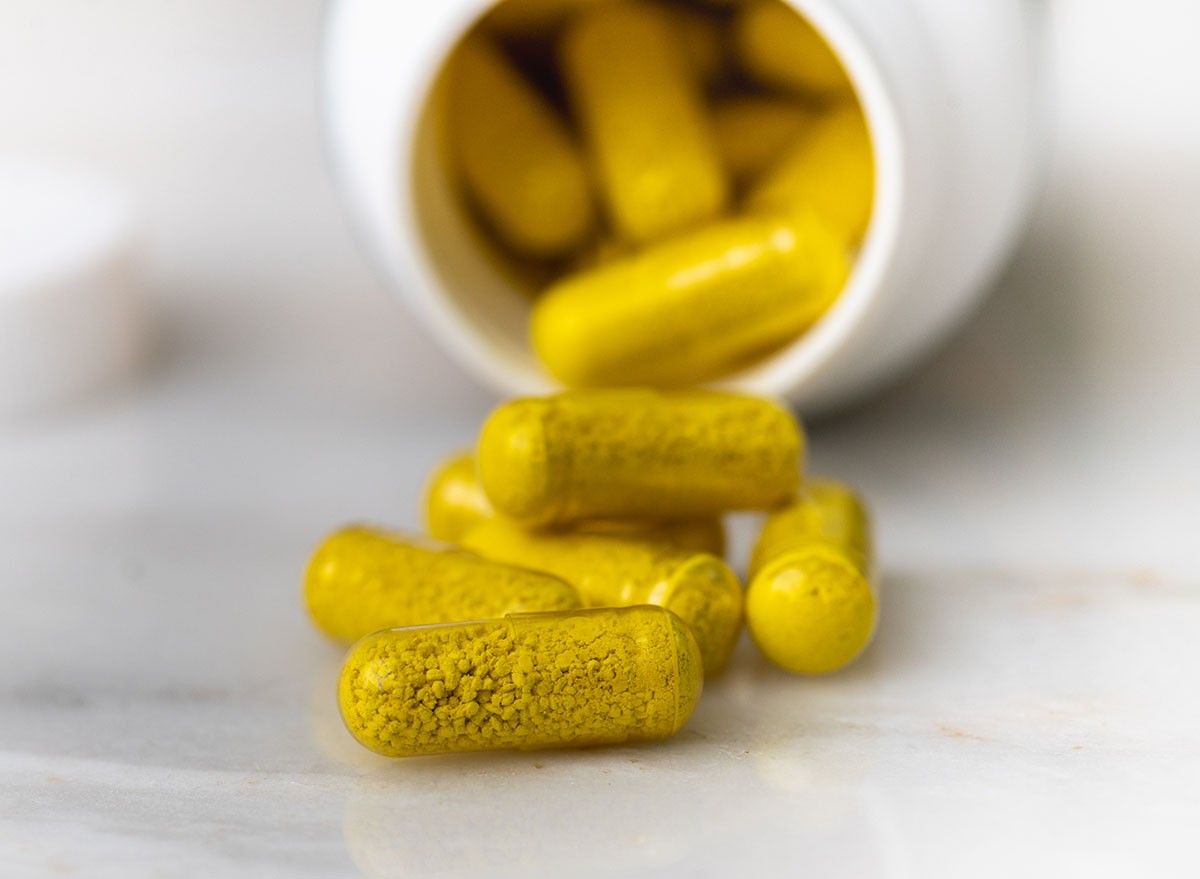Woman Takes Berberine for 14 Days and Shares What Really Happened
Struggling to manage your blood sugar levels? You're not alone. Diabetes expert Christel Oerum opens up about her experience with a trending supplement, berberine, and whether it truly delivers on its promises. As the founder of Diabetes Strong and a certified diabetes fitness expert, Christel has been managing Type 1 diabetes since 1997. Her mission? To guide others through diabetes management with practical, proven solutions. Join her on a 14-day journey to see how berberine stacks up.
What Is Berberine? Understanding the Basics
Before diving into Christel's experience, it's important to understand what berberine is. This yellow-colored chemical compound is found in several plants, including European barberry, goldenseal, goldthread, Oregon grape, phellodendron, and tree turmeric. Research suggests it might help regulate blood sugar levels and reduce swelling, making it an interesting option for diabetes management.
Why Try Berberine for Blood Sugar Control?
"I live with diabetes. I'm in charge of managing my blood sugars 24/7. It can be challenging, so I'll take all the help I can get," Christel explains in her post. She points to several studies showing berberine's potential benefits, including improved A1C levels and reduced fasting blood glucose in both Type 1 and Type 2 diabetes.
"Yes, I can also get sucked into the social media hype," Christel admits, "but you know what? There are actually studies backing up some of these benefits." Scientific research supports this, with evidence showing that berberine taken by mouth can help lower blood sugar levels in people with diabetes.
The Science Behind Berberine's Effectiveness

Clinical studies have shown berberine to be "possibly effective" for several conditions, including diabetes and high cholesterol. The recommended dosage typically ranges from 0.4-1.5 grams daily, taken for up to 2 years under medical supervision. This scientific backing helps explain why the supplement has gained attention in the diabetes community.
RELATED: A Top Trainer Reveals 4 Fat Loss Mistakes You Need to Stop Making Right Now
The Experiment: From 1,200mg to 600mg Daily
"I took 600 milligrams of berberine every night with food," Christel shares. The results were noticeable: "My blood sugars quickly started to drop overnight. I actually started having a lot of low blood sugars, so many that I had to lower my nighttime long-acting insulin. After about a week, I also had to lower my daytime long-acting insulin."
However, she notes an important caveat: "Does this mean that Berberine was working for me? Was it lowering my blood sugar? Well, it seems so. However, there could also be other reasons for this. Maybe I was subconsciously more diligent with my insulin, or maybe I was less stressed. After all, there are over 40 things that can impact blood sugars aside from food and insulin."
How Berberine Works in Your Body
According to Christel, berberine works similarly to metformin: "It helps the body respond better to insulin and prevents the liver from creating more glucose." She explains that it's been called "nature's Ozempic," though she disagrees with this comparison: "It's exactly how metformin works, whereas Ozempic helps the pancreas make more insulin."
Known Side Effects and Safety Considerations
While berberine is considered possibly safe for most adults when taken by mouth, with doses up to 1.5 grams daily for 6 months, it's important to note the common side effects. These can include diarrhea, constipation, gas, and upset stomach.
Christel's experience aligned with these known side effects: "I stopped taking Berberine because it can have some side effects, and for me, they were quite significant. My belly looked like a beach ball." She elaborates, "I started out taking 1200 milligrams of berberine like it's recommended on the bottle. My body immediately rejected this, and I could only endure three days of stomachache and bloat."
RELATED: These 8 Common Salad Mistakes Leave You Starving an Hour Later
Special Precautions for Specific Groups
It's crucial to note that berberine isn't suitable for everyone. It's considered likely unsafe during pregnancy as it can cross the placenta. It's also not recommended during breastfeeding or for newborns. People with high bilirubin levels should avoid it, as it may interfere with the liver's ability to process bilirubin.
Beyond Blood Sugar: Other Potential Benefits
Research suggests berberine may help with various other conditions, including high blood pressure and high cholesterol levels. When combined with blood pressure medication like amlodipine, it might enhance blood pressure reduction. It's also shown promise in treating PCOS by potentially improving cholesterol levels and reducing testosterone levels.
The Final Verdict

"If you decide to try this supplement, I highly recommend that you work with your medical team," Christel advises. She emphasizes the importance of proper dosing and adjusting other diabetes medications accordingly: "This seems like really powerful stuff. There's no need for you to do this by yourself."
She concludes with hope: "Although this supplement did not work for me, that doesn't mean that I'm doomed to see my blood sugars rise up every morning. I've actually identified some really solid ways of reducing the risk of high blood sugars in the morning."
The key takeaway? While berberine shows promise for blood sugar management, individual responses vary significantly. As with any supplement, proper medical supervision and careful consideration of potential side effects are essential for safe and effective use. And if you enjoyed this article, don't miss 20 Incredible Ozempic Success Stories of All Time.





